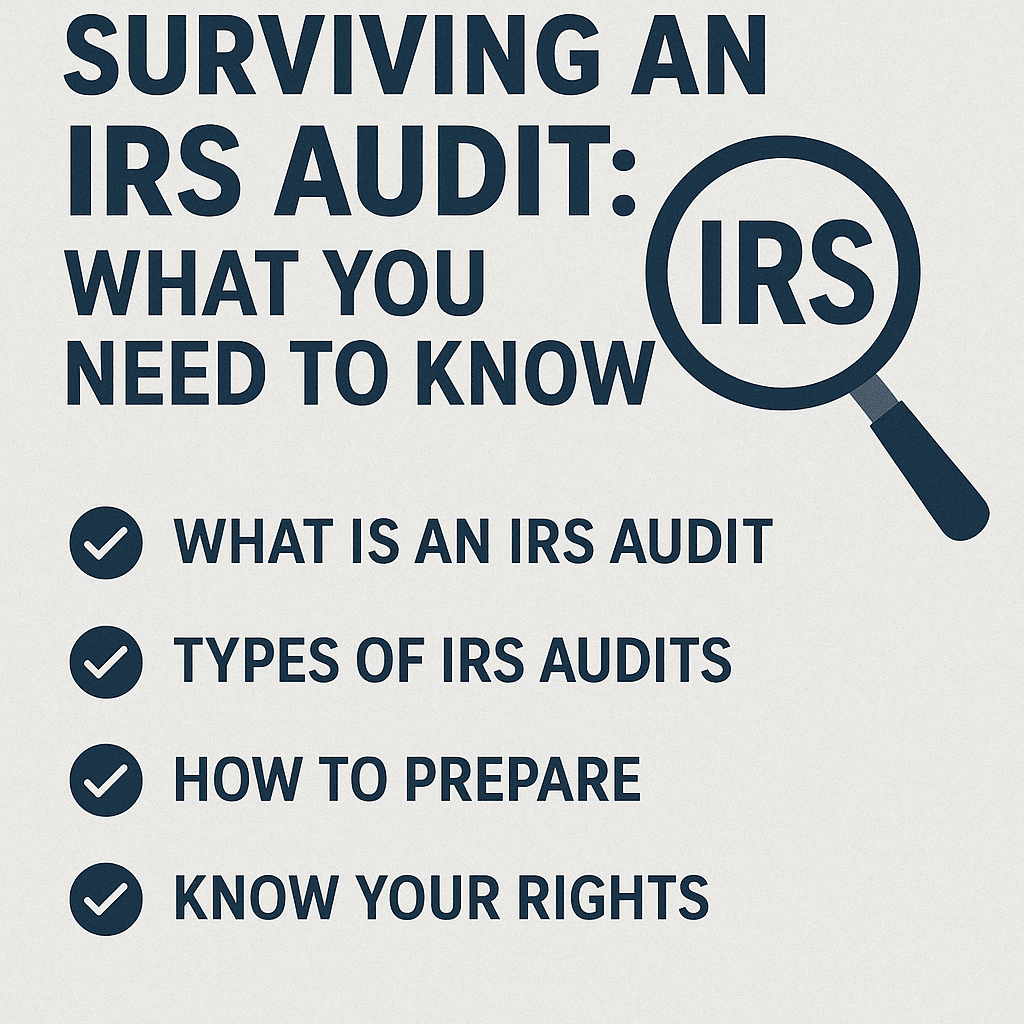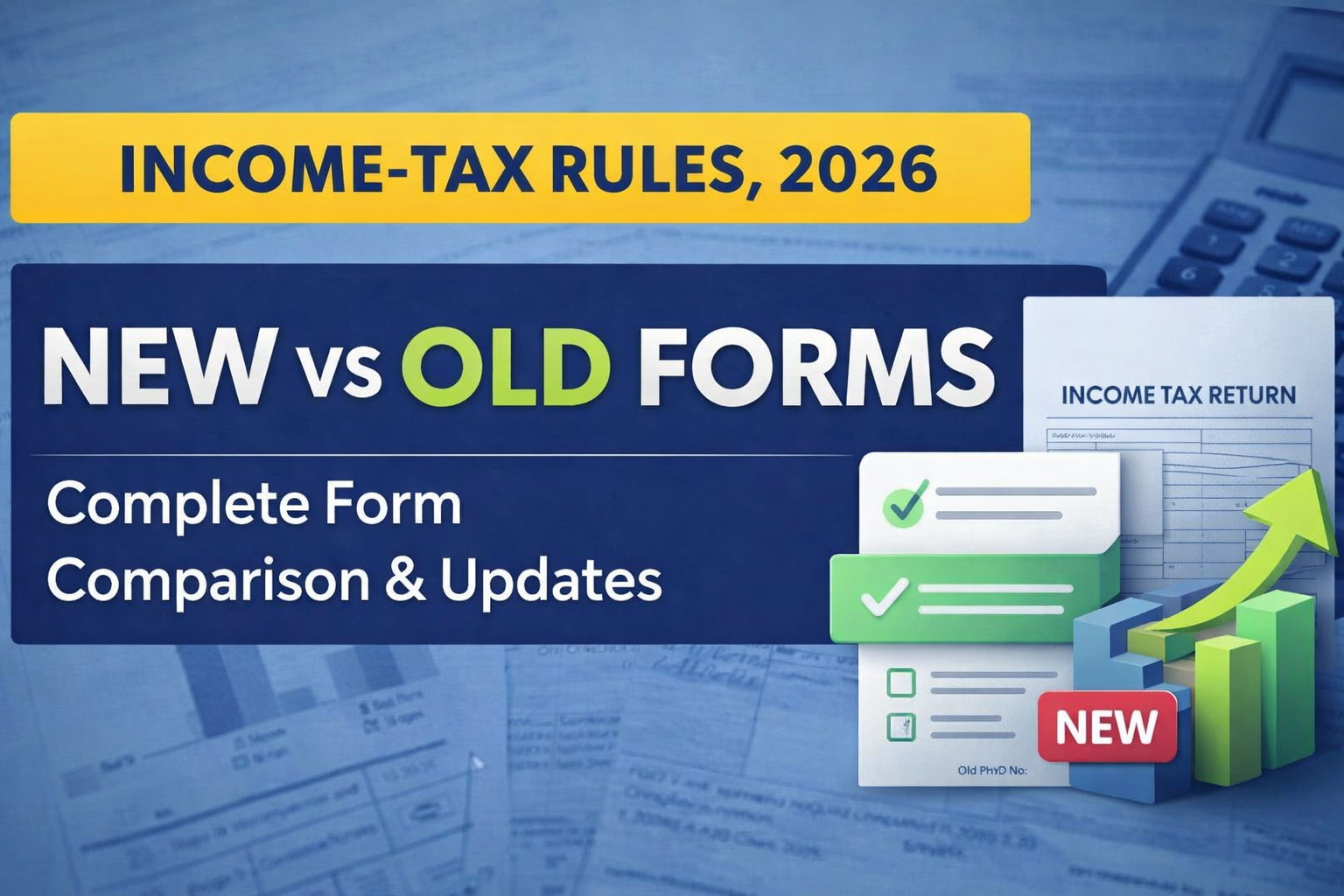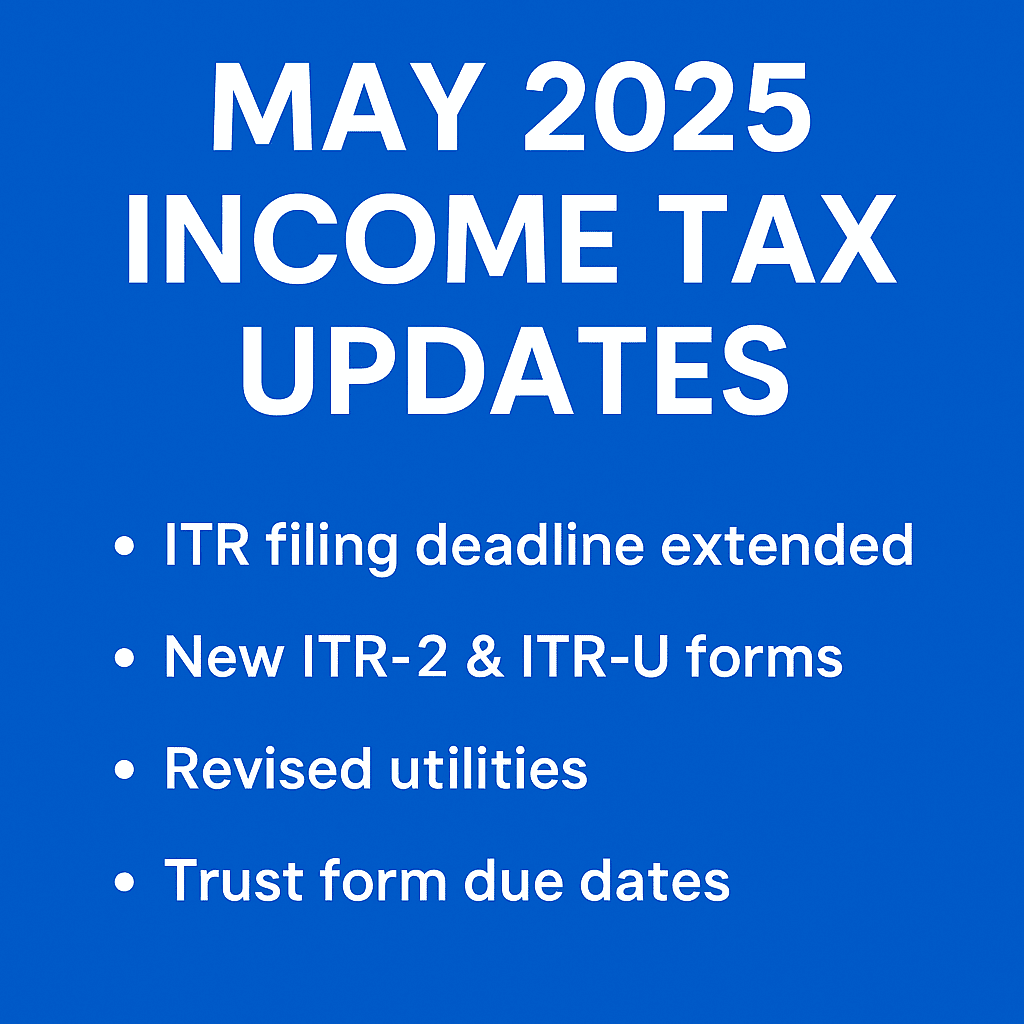🔍 What Is an IRS Audit?
An IRS audit is an official review of your tax return to verify the accuracy of the income, deductions, credits, and other information reported. Audits are triggered by red flags, random selection, or computer scoring systems that detect anomalies.
📌 Types of IRS Audits
| Type of Audit | Description |
|---|---|
| Correspondence Audit | Conducted via mail. Usually focuses on one or two simple issues. |
| Office Audit | You are asked to visit an IRS office to provide specific documents. |
| Field Audit | The IRS visits your home, office, or accountant’s location. |
| Taxpayer Compliance Measurement Program (TCMP) | Detailed audit used primarily for IRS research purposes. |
📋 Common Audit Triggers
- Large charitable deductions compared to income
- High home office or vehicle deductions
- Significant changes in income year-to-year
- Unreported income (e.g., 1099s not filed)
- Cash-intensive businesses (e.g., restaurants, salons)
- Claiming losses for multiple years
- Mismatches between reported income and third-party documents
✅ How to Prepare for an IRS Audit
-
Stay Calm and Organized
Don't panic. Gather all relevant documents such as W-2s, 1099s, receipts, logs, and bank statements. -
Review Your Tax Return
Familiarize yourself with the return under audit. Spot any discrepancies before the IRS points them out. -
Work with a Professional
Hire a CPA, EA (Enrolled Agent), or tax attorney who can represent you and communicate with the IRS on your behalf. -
Provide Only What’s Requested
Don’t offer extra information or unrelated documents. Stick to the scope of the audit. -
Maintain Professionalism
Always be respectful and cooperative. Arguing or delaying can complicate matters.
🛡️ Know Your Rights
As a taxpayer, you have several rights under the Taxpayer Bill of Rights, including:
- The right to professional and courteous treatment
- The right to know why the IRS is asking for information
- The right to appeal an IRS decision in an independent forum
- The right to be represented by a tax professional
📆 Audit Timeline
Most IRS audits occur within 3 years of filing a return. However, if substantial errors are found, the audit period can go back up to 6 years or more in case of fraud.
⚖️ What Happens After the Audit?
The IRS will issue one of the following outcomes:
- No Change – Your return is accepted as filed.
- Agreed – You accept the changes and pay the additional tax or receive a refund.
- Disagreed – You dispute the changes, triggering an appeals process.
🧾 Tips to Avoid Future Audits
- File accurate and honest returns
- Double-check all math and figures
- Keep detailed documentation
- Avoid excessive deductions without proper backup
- File electronically to reduce errors
✍️ Final Thoughts
Being audited doesn’t mean you did something wrong. With the right guidance and preparation, you can navigate the process successfully and minimize any tax exposure. Always maintain organized records, work with a trusted tax advisor, and stay informed about your rights.




